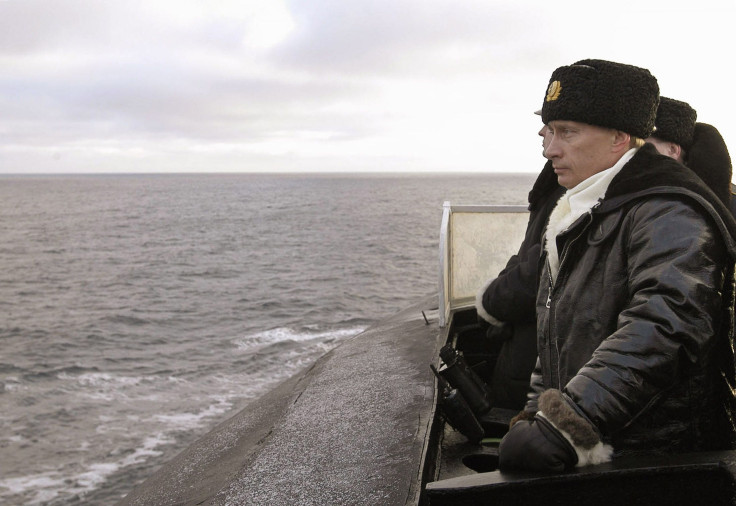Russia Doubling Military Troops on Novaya Zemlya In Arctic by 2020

Russia aims to double its military forces on the Novaya Zemlya archipelago in the Arctic region by 2020, a Russian military source told RIA Novosti Thursday. Encompassing two Russian nuclear test sites used during the Cold War, Novaya Zemlya is one of the northeasternmost points in all of Europe.
Russia's increased military presence in Novaya Zemlya comes as the Arctic has developed into a major geopolitical arena. With global warming opening up previously untappable strategic reserves of crude oil, natural gas and fresh water -- as well as a possible trade route between Europe and Asia -- bordering nations have begun looking into increasing their involvement.
"Today an increase in Arctic groupings of troops and equipment is under way in Russia's Central Range [on Novaya Zemlya] and according to our plans, troop groupings will be doubling by 2020," said the Russian military source, according to the country's official Sputnik News. Moscow is constructing 10 air-defense radar stations, 10 search-and-rescue stations, 13 airfields and 16 deepwater ports across its Arctic coast to establish military superiority in the region, Business Insider reported.
Russian leaders first announced a strategic plan in 2013 to develop its occupation of the Arctic by 2020, and it has been exploring opportunities in the region since then. Last year, Russian President Vladimir Putin signed a new military doctrine planning to build a network of bases in Arctic territories to increase its border defense, falling under the command of the recently created Joint Strategic Command North.
The U.S. has been late in developing its Arctic resources compared with Russia, as Washington holds fewer icebreakers and military bases along the coast than Moscow does.
"We're not even in the same league as Russia right now," Newsweek quoted U.S. Coast Guard Commandant Paul F. Zukunft as saying about the country's Arctic development. "We're not playing in this game at all."
© Copyright IBTimes 2025. All rights reserved.






















